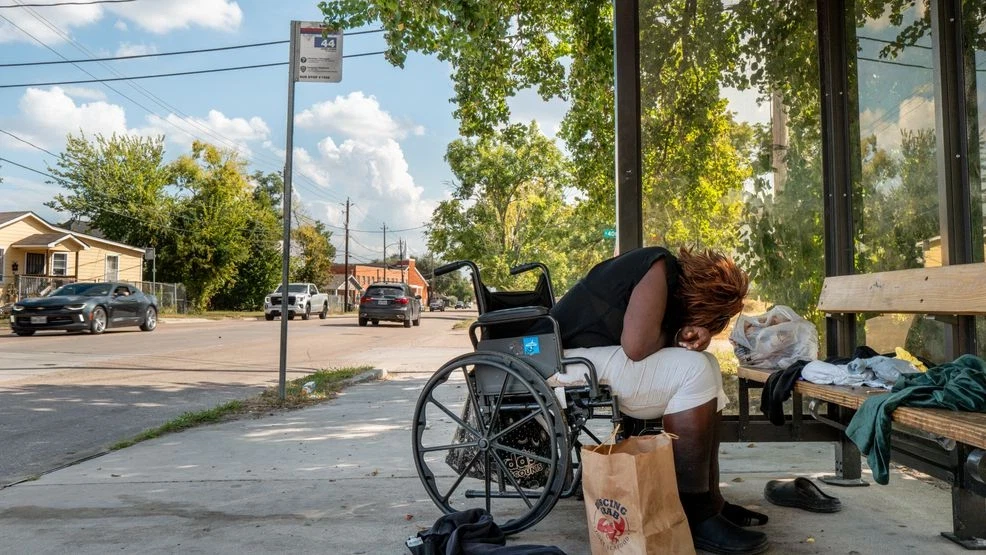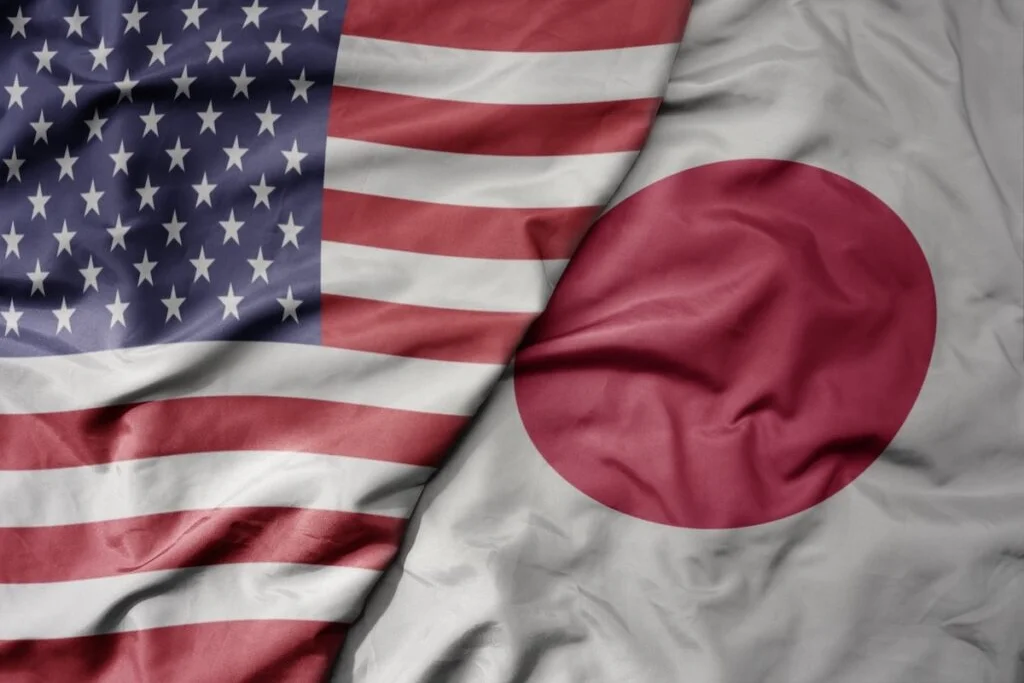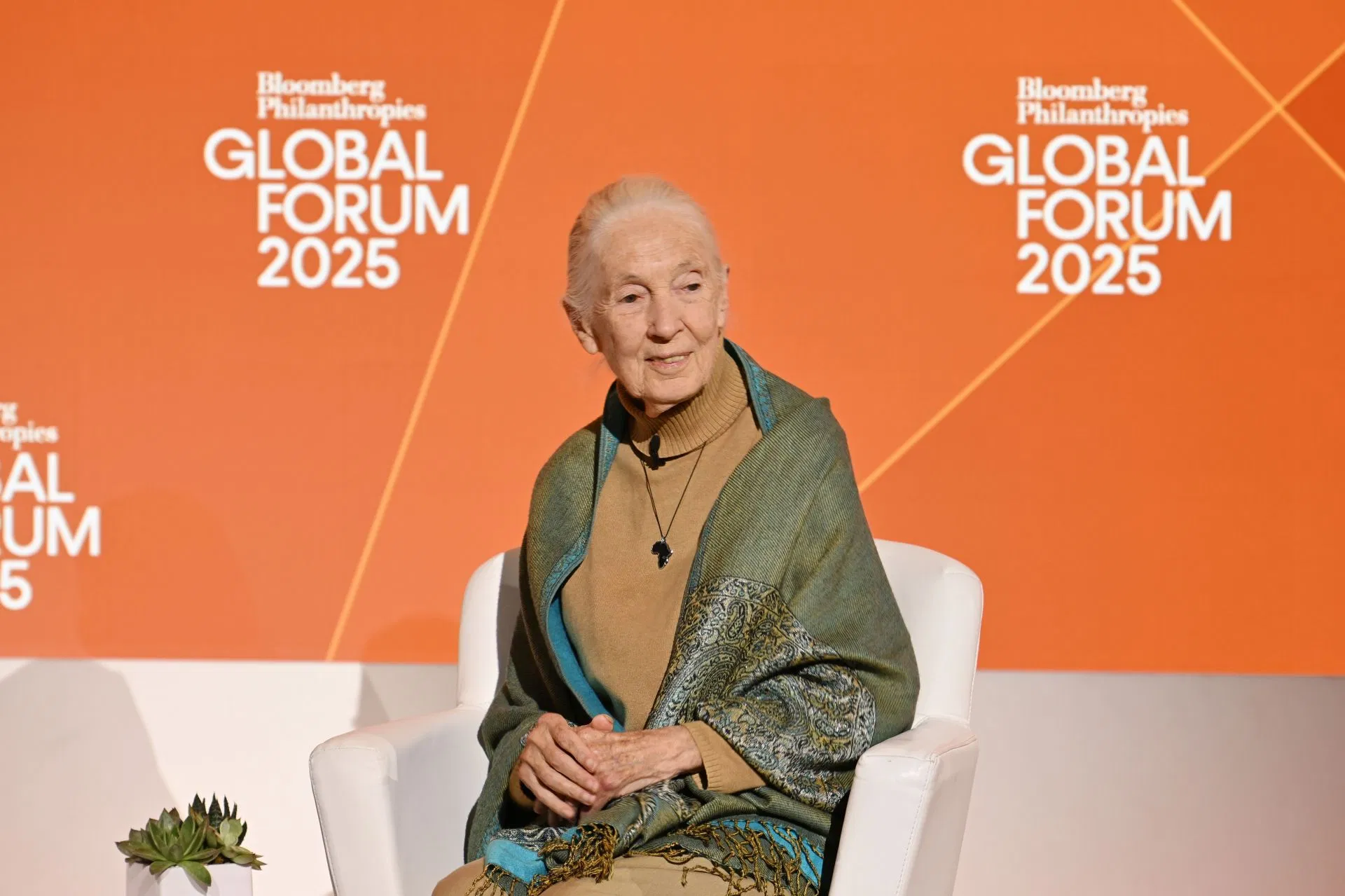Copyright nytimes

President Trump landed in Malaysia on Sunday, the first stop of a nearly weeklong tour in Asia during which he will seek to cast himself as a global deal maker and mediator. Shortly after completing his 24-hour journey to Kuala Lumpur, the capital of Malaysia, President Trump presided over a peace-deal ceremony between Cambodia and Thailand, whose brief war in July is one of more than half a dozen conflicts that he has taken credit for ending. The White House said President Trump’s public schedule for the day had concluded. About two miles from the ASEAN summit’s main corridors, reporters have been waiting for hours to hear from Chinese officials on trade talks with the United States. We were told to wait for China’s top trade negotiator, Li Chenggang, to make a statement. Earlier today, U.S. Treasury Secretary Scott Bessent said the two sides had made progress in the talks. President Trump fielded questions from the news media before his meeting with President Luiz Inácio Lula da Silva of Brazil, where the two leaders were expected to speak about trade after Trump suggested that he might lower tariffs he imposed on the country. Both leaders seemed agitated and had few answers. Trump declined to say in what circumstances he would consider lowering tarrifs, and what Brazil could do to improve relations with the U.S. When he was asked by a reporter whether he planned to bring up the conviction of former President Jair Bolsonaro, which Trump has criticized and punished the country for, he snapped “none of your business.” Lula, who said he brought a detailed agenda, written in English, complained that they were wasting time answering questions from journalists before the meeting had even started. Trump complained that the questions were “boring” anyway as the press were dismissed. In a statement, the White House said that the United States and Vietnam had agreed to the framework of a trade agreement. The so-called reciprocal tariff on Vietnamese exports would remain at 20 percent. The announcement was in line with other trade deals Washington unveiled on Sunday. The agreement Trump reached with Malaysia, which he called a “major trade deal,” includes a pledge by the Southeast Asian country to invest $70 billion in the United States over the next ten years. According to the White House, Thailand also agreed to buy 80 American planes worth $18.8 billion. In a separate announcement, the White House said Cambodia would work with Boeing, the American aerospace giant, to support its aviation sector. Cambodia, Thailand and Malaysia each agreed separately to cooperate with the United States on critical minerals and access to rare earth materials in a gesture of support ahead of President Trump’s meeting with Xi Jinping, China’s top leader, on Thursday. The nonbinding commitments will require more negotiations but were “a step in the right direction,” said Alexander Feldman, a partner at the Asia Group, putting Trump “in a better negotiating position” with Xi. Away from the hubbub of the ASEAN gathering, Treasury Secretary Scott Bessent said U.S. and Chinese trade negotiators had made progress before a meeting between Trump and Xi Jinping , China’s leader, this week. “We have a very successful framework for the leaders to discuss,” he told reporters. Trump did not betray any of the domestic tumult in Washington, including a federal government entering its fourth week of a shutdown, as he closed out his remarks. “The United States is having its golden age,” he said. After a 24-hour trip to Malaysia, Trump seemed to have run out of steam by the end of a lunch with ASEAN leaders that included cultural performances and remarks. The tell-tale sign was that he stuck to reading from his prepared script, seemingly rushing through it at times. Even his usually animated proclamation of ushering in America’s “golden age” and slights at his predecessor fall flat. He ended his remarks by calling the leaders “very special people.” Trump, his voice hoarser than usual, joked that he had suggested that he would “take it easy” in Malaysia after a 24-hour trip. “I’ve been here a day,” he remarked at one point — it actually has only been about five hours — but said Prime Minister Anwar Ibrahim had a long list of things to talk about. Trump’s schedule has undergone some changes since he landed in Malaysia a little over four hours ago. The White House had initially planned for a working dinner between Trump and leaders from Southeast Asia. That event became a working lunch because of the death of the Thai Queen Mother. Trump’s day has been a whirlwind of photo ops and light on the details of the trade agreements Trump has signed today. The White House has released several announcements describing agreements over critical minerals and trade with Cambodia, Thailand and Malaysia. They reaffirmed the 19 percent tariff rate for all three countries that Mr. Trump has already imposed and included demands from Washington for market access and preferential treatment for American companies, as well as pledges by the two countries to cooperate on critical minerals. ASEAN summits are seldom notable, typically consisting of awkward group handshakes and bland statements of cooperation. But this year’s event stands out. President Trump has taken the spotlight, with leaders from Canada, Brazil, Japan and Australia also attending. The summit gives these leaders a chance to speak to Trump, who can also use the opportunity to double down on disputes with Brazil and Canada. Trump and Malaysia’s leader have signed a trade deal that American officials have said is necessary to the health of global supply chain. But, the U.S. did not reduce its tariff rate of 19 percent on Malaysian goods, and said that talks would continue to smooth out the terms of a deal. Anwar Ibrahim, the Malaysian prime minister, revealed that when he climbed into Trump’s limousine along with the president earlier in the day, it was actually a breach of security protocol. “When the president arrived, he asked me to join him in the car,” Anwar said. “He was delighted to break the rules,” he added, to laughter. “We share lots of things in common. I was in prison, he almost got there.” The room broke out in laughter. Thailand has consistently said that it did not want a third-party to negotiate a cease-fire and peace deal with Cambodia. While the the U.S. and Malaysia brought Cambodia and Thailand to the table, the deals were agreed on in direct meetings between Cambodia and Thailand, Foreign Minister Sihasak Phuangketkeow of Thailand said. President Trump shocked Canadians before the summit, calling off trade talks. Prime Minister Mark Carney, a sharp critic of tariffs, appeared to deviate from prepared remarks and avoided criticism of the U.S. during an address to the Asian leaders in Kuala Lumpur on Sunday. He said he would focus on working with “reliable partners who honor their commitments” and did not mention Trump or the U.S. The signing ceremony was intended to focus on the cease-fire between Thailand and Cambodia, but now trade deals with Cambodia and Thailand have been tacked on. These are two of the issues central to Trump’s trip to Asia: peace deals and trade. Thailand’s prime minister said the United States has signed an agreement that could lead ot a trade deal by the of the year. He said both countries will also sign a memorandum of understanding on cooperation on critical minerals. Prime Minister Hun Manet of Cambodia is the latest leader to say he nominated President Trump for the Nobel Peace Prize, appealing tthe U.S. president’s long-held aspiration. The committee that awards the prize annually doesn’t comment about the process, but here is a guide that explains how it works. Lurking in the background of Trump’s trip is a question that cuts to the heart of his disruptive plans for global trade: How will he define where a good shipped to the U.S. is from? The answer is central to reducing China’s role as the starting point for many of the world’s manufactured goods. It is being called a “sleeper issue” that stands to blow up any agreement that the U.S. makes with countries over the next few days. President Trump has been hitting many of the hallmarks of his speeches: his anger at the United Nations, his role in bringing peace, and how he deserves a Nobel Peace Prize. He said the U.N. has the potential to broker piece but it failed in Cambodia-Thailand conflict.



